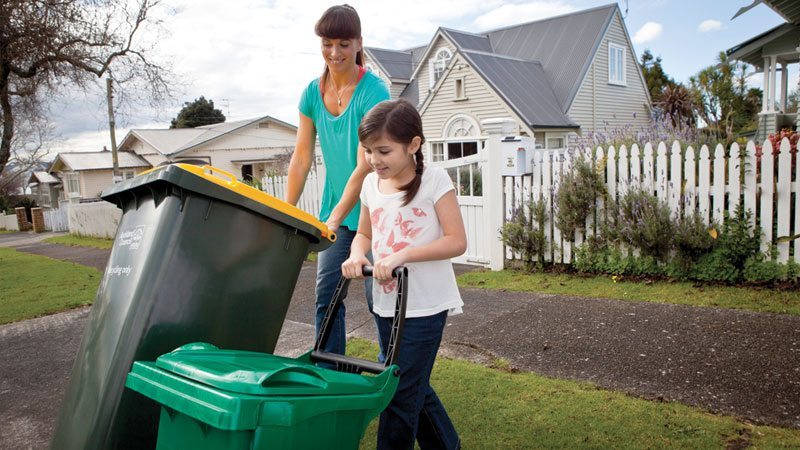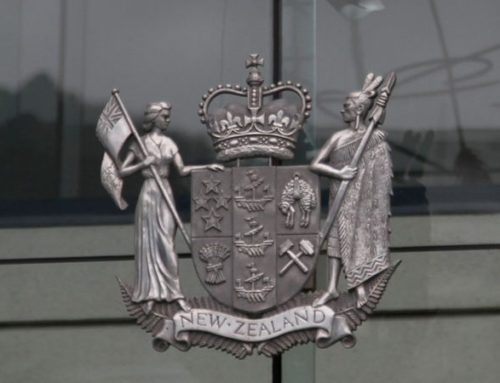New Zealand is a modern democratic country in which human rights are protected. It is illegal to discriminate on grounds such as race, religion or ethnicity. Complaints about discrimination should be made to the Human Rights Commission office listed in the Blue Pages of the telephone book.
All major towns in New Zealand have a Citizens Advice Bureau (CAB). These provide free information and assistance on matters such as the law, translation services, social welfare, health, education, housing, budgeting, employment rights, consumer rights and personal and family issues. The service is confidential and anyone can use it – you do not need to be a New Zealand citizen.
Community Law Centres offer free legal advice and information (but usually not on business problems or buying and selling houses).
New Zealand has laws to protect you from misleading advertising, faulty goods, poor workmanship, unfair trading and other problems you might meet as a consumer. Help is available from the Citizens Advice Bureau. Always keep receipts, quotations and estimates, copies of agreements and other such documents, since these can help if a dispute arises.
Daylight Saving Time
During summer ‘daylight saving time’ applies – all clocks are put forward one hour on the last Sunday in September, when 2.00am becomes 3.00am, and ends on the first Sunday in April the following year, when 3.00am becomes 2.00am.
Electricity
The power system in New Zealand is 240 volts, 50 cycles. In New Zealand you are allowed to do minor electrical repair work, such as changing fuses, replacing light bulbs, rewiring plugs and installing new oven elements. However, for safety and insurance reasons, registered electricians are required to do any other electrical work. Look in the Yellow Pages phone book under ‘Electricians’.
Telephone Connections
The main telephone companies in New Zealand are Telecom, TelstraClear and Vodafone (which only deals with mobile phones), pricing plans vary widely.
Most houses will have a telephone already installed, if not, one can be purchased from an electronic goods retailer or telephone company. Your telephone should be connected within two or three days of contacting a telephone company.
Telephone books are supplied free. Each major city has its own telephone book and other areas are covered by provincial telephone books. The White Pages version lists residential numbers and the Yellow Pages version lists business numbers. Both are available for viewing on the Internet.
Earthquakes and Other Emergencies
New Zealand is not a dangerous country but it is prone to earthquakes and you are likely to feel a few minor tremors each year. Although this is generally nothing to worry about, it is advisable to take a few simple precautions. For information on how to prepare for earthquakes and other emergencies, look in the inside front, or back cover of the Yellow Pages.
Media
Five free-to-air television channels are available in New Zealand as well as some national and regional cable channels.
The two main state owned radio stations are National Radio, which has many current affairs programmes, and Concert FM, which specializes in classical music. There are several Maori language radio stations and about 120 private radio stations that play mostly specialize in various types of popular music.
New Zealand’s larger cities and towns have daily newspapers, and there are two national Sunday papers, these are, however, modest in size when compared with American or British Sunday papers. There is no national daily, but there are many national magazines, both weekly and monthly.
Maintenance and Home Help
New Zealand families do not have full-time servants, gardeners or cooks, but a small number hire ‘home help’, usually an individual who does their house cleaning for a few hours each week. More common is the hiring of ‘handymen’ or small ‘odd-job’ contractors to mow laws, maintain gardens and/or complete minor repairs. However electrical, gasfitting and plumbing work must be done by registered tradesmen. When you want someone to do some work for you, it is best to ascertain costs first.
Rubbish Collection and Recycling
When and how rubbish is collected from your home will depend on where you live, so talk to your neighbors or contact your local council for details.
Most city councils provide rubbish bags that can be bought from supermarkets. These must be left on the footpath outside the home for collection on a specific day each week. A small number of councils operate a bin system. Most councils will not collect garden rubbish or large items, these should be taken to the local tip which is a council run refuse collection centre. Call your local council for information. Big container sized rubbish skips can also be hired.
Many councils operate Recycling Centres where paper, glass and plastic can be placed in special bins. These are usually located near schools or shopping centres. If you live in a rural area you are responsible for the disposal of your own rubbish.
Buying a Car
The AA (Automobile Association) can do a vehicle inspection (for a fee) to find any mechanical problems before you purchase a vehicle.
Car sales companies with LMVD after the name are Licensed Motor Vehicle Dealers. These firms are bound by a code of ethics, LMVD firms must also display the model name, year of manufacture, number of previous owners, warranty category and full price. By law, they must offer buyers a warranty for a set period, although this varies with the age of the car.
For advice on motor registration, car licensing and change of ownership you will need to contact the Land Transport Safety Authority.







Leave A Comment